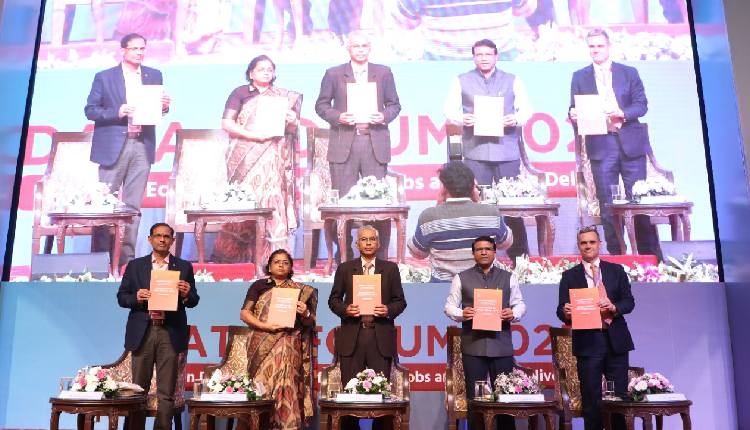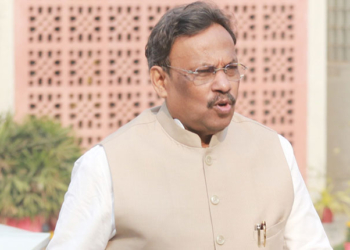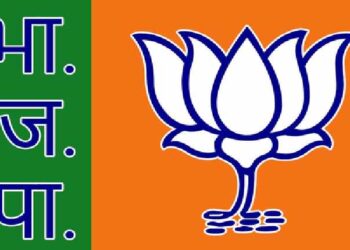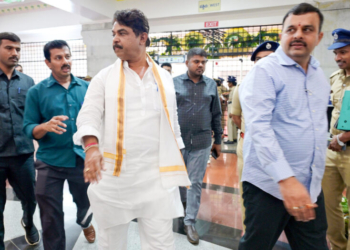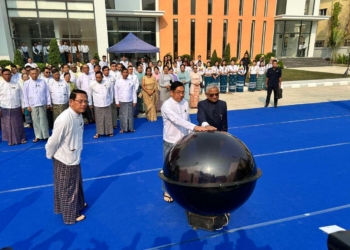Bhopal: The NITI-State Workshop on ‘Urban Data Ecosystems for Growth, Jobs and Service Delivery’ under the State Support Mission (SSM) concluded here on Friday with deliberations on how well-designed urban data ecosystems can enable cities to collect and use data effectively for formulating strategies to push economic growth.
The SSM of NITI Aayog is aimed at fostering structured and institutionalised engagement with States and Union Territories. The workshop marks an important milestone in engaging with State governments to enable a bottom-up approach with evidence-based data that will help in achieving the socioeconomic development goals, according to an official statement.
The workshop was held in collaboration with the Government of Madhya Pradesh and the World Bank. More than 100 participants from the Centre, State governments, World Bank, academia and subject experts attended the event.
Highlighting NITI Aayog’s mandate to advance data-driven governance in India, the event also witnessed the launch of the City Data and Analytics Platform (CDAP), a dedicated micro-site of the National Data and Analytics Platform (NDAP).
CDAP has been developed to strengthen evidence-based urban governance by providing cities with a unified, user-friendly interface to access, analyse, and visualise high-quality urban datasets. The platform will enable policymakers, researchers, and practitioners to draw insights for better planning, improved service delivery, and more efficient decision-making, marking a significant step towards building robust, data-driven urban ecosystems in India.
The Data Forum is centred around four key thematic areas critical to shaping India’s future-ready urban landscape. It deliberated on building strong data foundations for cities by strengthening institutional frameworks, data governance mechanisms, and standards to enable robust and interoperable urban data systems.
Discussions also focused on how data could position cities as engines of growth and job creation by informing economic visioning, guiding equitable development, and enabling strategic policy interventions. The Forum highlighted the role of data in enhancing participatory urban planning, improving the timeliness and quality of service delivery, and advancing sustainable urban development. In addition, it explored frontier technologies, including AI and ML-driven innovations, to strengthen real-time city operations, improve monitoring capabilities, and support data-driven governance and decision-making.
Best practices were presented by representatives from different States, along with insights shared by experts from academic institutions. Representatives from the Government of India also explained the efforts underway at the central level to develop robust data systems and highlighted how States can leverage these frameworks to strengthen their planning and decision-making processes.
World Bank representatives also presented global best practices, developing business economic registers, sub-national growth estimation, and leveraging data for better living.
(IANS)




